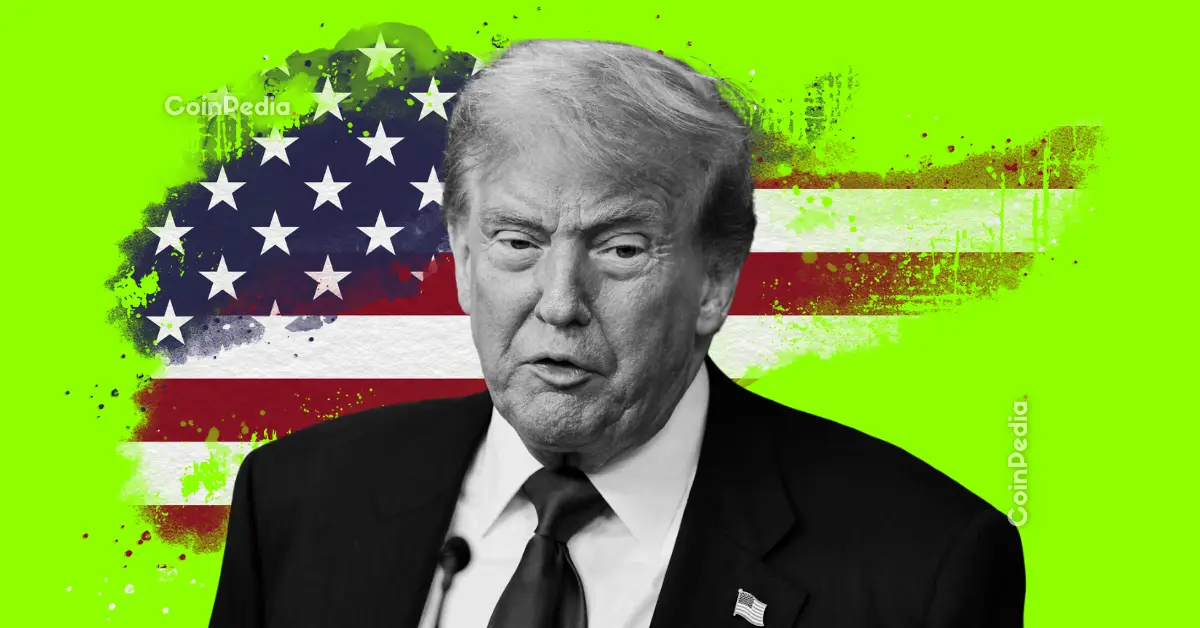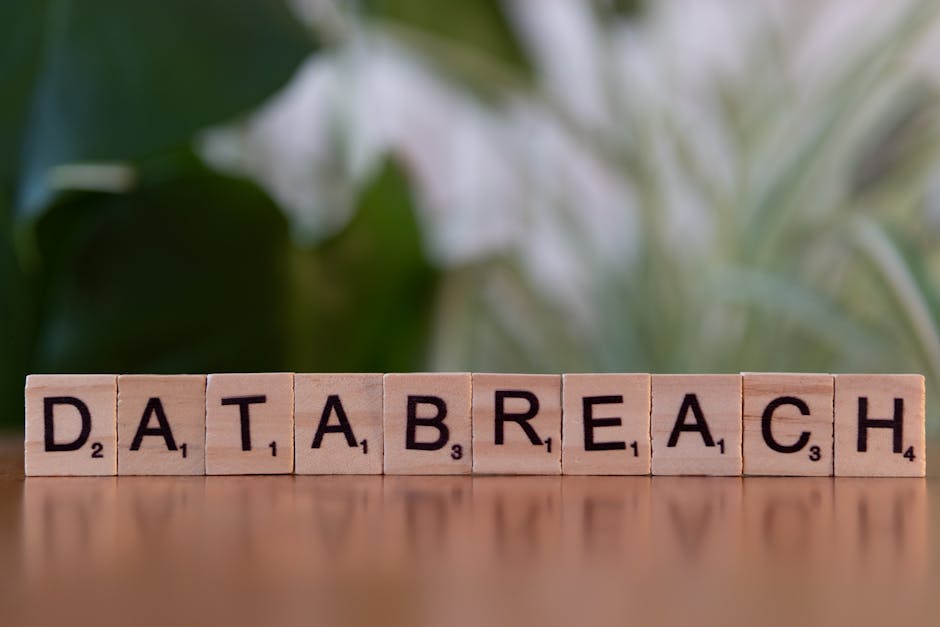
The WLFI Crypto Storm: Political and Regulatory Implications
World Liberty Financial (WLFI), a cryptocurrency firm with direct ties to the Trump family, has sparked significant debate in political and regulatory circles. Renowned for its governance tokens and other digital assets, WLFI is under scrutiny following allegations of selling tokens to wallets linked to sanctioned entities in North Korea, Russia, and Iran.
Allegations and Senatorial Concerns
Democratic Senators Elizabeth Warren and Jack Reed have formally urged the Department of Justice and the Treasury to investigate WLFI. According to a September watchdog report by Accountable.US, governance tokens from WLFI were purportedly purchased by blockchain addresses possibly affiliated with the Lazarus Group, Tornado Cash, and other sanction-evading platforms.
The senators emphasized that these sales might have compromised U.S. national security, potentially offering adversarial entities a say in WLFI’s framework through its governance process. As of now, WLFI vehemently denies these claims, asserting that their anti-money laundering (AML) and know-your-customer (KYC) procedures exceed industry standards.
Trump Family Connections and Conflicts of Interest
The situation grows murkier due to WLFI’s deep connections with the Trump family. Eric Trump, Donald Trump Jr., and Barron Trump are listed as co-founders, with Donald Trump serving as the “Co-Founder Emeritus.” Further controversy arises as DT Marks DEFI LLC, linked to the Trump family, reportedly holds 22.5 billion WLFI tokens, valued at around $3 billion, and claims 75% of token-sale revenue.
This dual position of holding tokens while influencing policy raises significant concerns about potential conflicts of interest. Many see this as a critical juncture for regulatory authorities as they draft new frameworks for crypto oversight in the United States.
Blockchain Analysis Raises Questions
While previous reports from watchdog groups highlighted connections between WLFI tokens and suspicious wallets, independent blockchain analysts are questioning the findings. Notably, researcher Nick Bax found that certain flagged transactions, attributed to the Lazarus Group, originated from a satire-driven memecoin project called Dream Cash. These findings suggest that some claims might be exaggerated or misinterpreted.
Nonetheless, the controversy underscores growing concerns over the transparency and security of blockchain transactions, especially when political figures or their affiliates are involved.
The Bigger Picture: How This Shapes Crypto Regulation in the U.S.
As the U.S. Congress works towards shaping comprehensive digital asset laws, the WLFI investigation is poised to serve as a potential case study for how future crypto governance unfolds. With federal agencies setting December deadlines to respond to these concerns, all eyes are on WLFI’s compliance measures and the broader implications for the cryptocurrency sector.
Looking to Stay Updated?
For the latest news, expert insights, and trends in cryptocurrency, blockchain technology, and governance, consider exploring cutting-edge tools like the Ledger Nano X Cryptocurrency Wallet. This hardware wallet offers advanced security for managing your digital assets, ensuring safe transactions every time.
As the WLFI case continues to unravel, it highlights the importance of conducting thorough due diligence when it comes to cryptocurrency investments, particularly in politically charged landscapes. Stay informed to navigate these complex waters effectively.






